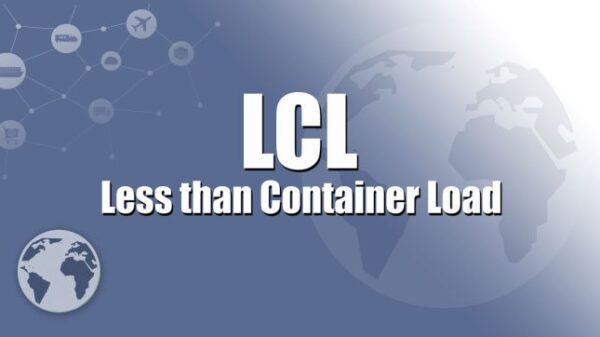Despite the fact that Brexit has been looming for many years now – and regardless of your own personal thoughts on its completion – there remain plenty of question marks hanging over most of our heads, particularly when it comes to running a business.
The way forward is cloudy, and obscured further still by the fact that plenty of other factors outside of Brexit are changing the way we do business, and the ways in which we plan for our businesses’ futures. Supply issues within the UK are caused not just by the complications transporters face at the UK’s borders, but by the extenuating circumstances caused by Covid-19, pushing more businessmen to expand outside of Europe.
Here is some much-needed clarity on doing business in the wake of Brexit.
Do International Trade Laws Now Apply to Your Business?
Yes. Prior to Brexit, businesses trading within the EU enjoyed free movements – meaning, of course, no additional tariffs or duty on goods being imported or exported between member countries.
Now, however, countries that remain within the EU are approaching trade with British companies very differently – and vice versa. Cross-border transactions are subject to new customs duties that once applied on goods coming from, say, the US.
As such, understanding post-Brexit trade compliance is essential for any British business with interests overseas.
What About International Supplier Agreements?
Yes – duty subjected to imports from outside the EU is standard but, now that the UK represents a separate entity, it must negotiate its own rates with other countries – or operate under the terms set by the World Trade Organisation.
On the 20th October, the UK reached an agreement in principle with New Zealand – a small step but nonetheless in a positive direction.
Do You Need to Consider Business Immigration Aspects?
Yes. Following Brexit, sponsoring foreign workers represents a pretty complex area for business owners, and hinges on the nature of the work they do.
For skilled workers, the UK introduced a points-based immigration scheme, and visa requirements need to be understood and adhered to rigidly. For instance, skilled workers must be paid a salary of at least £25,600 – or be given a job offer in an occupation experiencing shortages, or hold a PhD that is specific to the job.
All of this hinges on them being extended a job offer prior to travelling to the UK, however, which can further complicate the recruitment process.
Is your Business in the Best Possible Shape?
Ensuring that your business remains healthy is fundamental to any business owner’s to-do list, but never more so than in the wake of Brexit, which will continue to impact business as usual even as the dust begins to settle.
Safeguarding the business starts with putting a robust shareholders’ agreement in place to help protect your interests (and other shareholders’ interests too). This agreement sets out the relationship between the shareholders of a business and helps to provide clarity of their position, particularly should a dispute arise between business owners further down the line.
As with any contractual agreement – and particularly one that will prove so pivotal to your collective financial interests going forward – you should work with corporate solicitors who are experienced in putting such important agreements together and will work with you to ensure the document meets your objectives.




















































